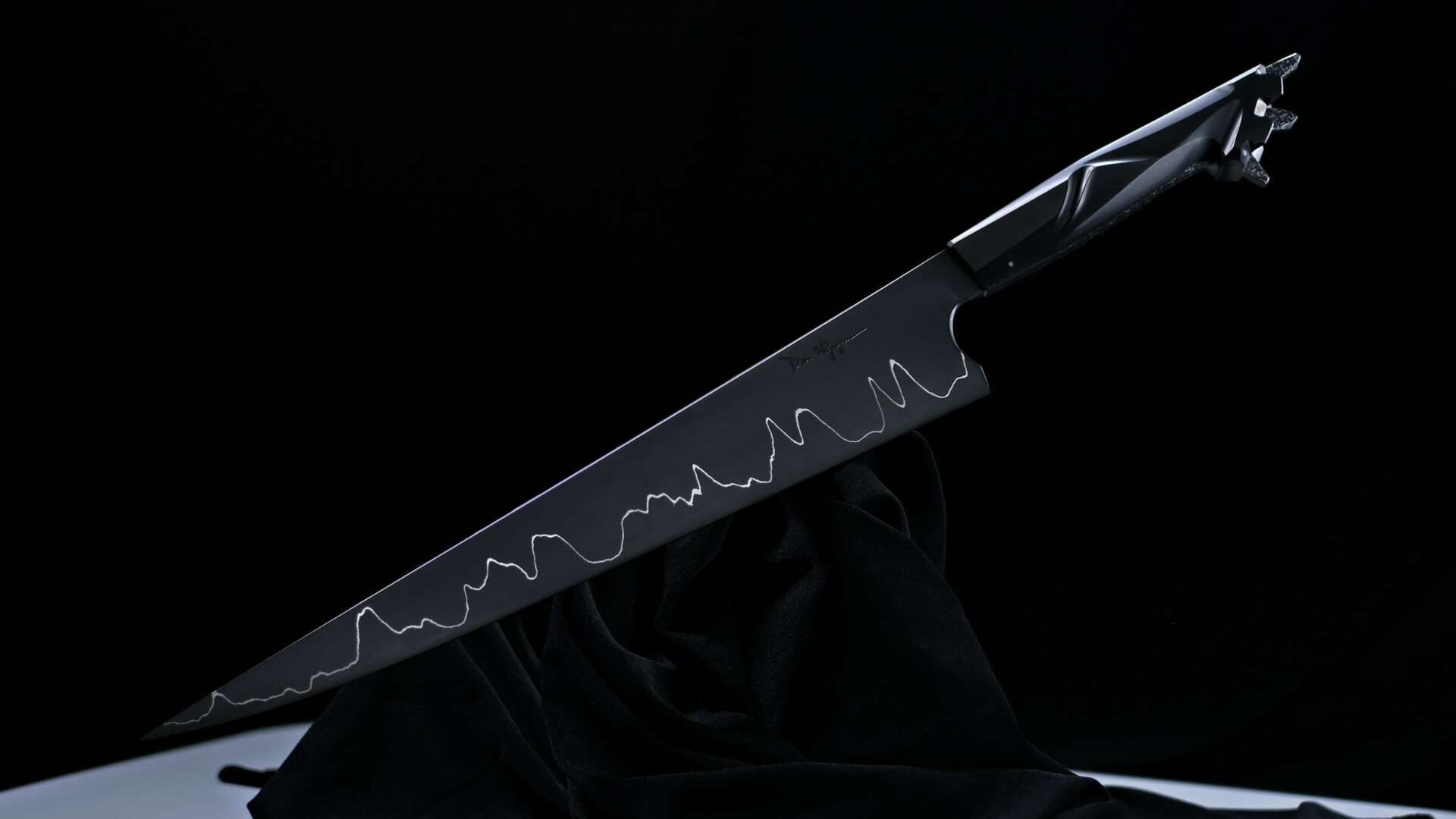We were lucky to catch up with Don Nguyen recently and have shared our conversation below.
Alright, Don thanks for taking the time to share your stories and insights with us today. Do you wish you had started sooner?
When I first got the inspiration to make knives, I wanted to jump into it full-time right away, no delays, simply just full abandon and absolute commitment. This was 2010 – I was two years into community college, with no idea what I wanted to do. I had bounced around between music, chiropractics, physics, etc, and none of those were for me. Everything I pursued up until that point was to please others – my parents, their friends, my classmates, my teachers. I was motivated purely by sheer willpower and naivety.
Of course, to my parents and practically everybody else, it sounded like I had lost my marbles and was going off the deep end. Tradition would have it that I pursue something safe, stable, and guaranteed. I’ve always had an intense feeling in my gut that I didn’t want to do something normal. The deal I eventually struck with my parents was to finish a degree at the university, have that backup plan, and then I could do anything afterwards. I decided to go through the Materials Science and Engineering program at the University of Arizona – it seemed relevant to what I wanted to do, and I just thought, “how hard could it be?”
Famous last words, because those four years were brutal and I barely managed to pass my classes. I was stressed, exhausted, bitter, and so impatient to graduate and start my business. Seasonally I would make knives between semesters and was actually getting attention in the online communities. Even though I only was doing it part-time, I was building up my skills and my name was starting to gain recognition. All I wanted to do was jump in full-time. In 2016 I graduated and went on to pursue knife making as my full-time career.
I’m still a full-time knife maker today, and the market is constantly changing rapidly. When I first started while in college, there were only a handful of makers in the country who were doing it as a career. When I graduated, it likely jumped up to hundreds. Now, probably thousands. I was previously so bitter about having had to spend all those years in university; it felt like such a waste of time. I didn’t really learn anything pertinent to what I actually do, a lot of classes were fluff, and I just felt like it was time I could have spent really jumpstarting my business at a prime moment. Why did I spend all those months stressed out of my mind, not doing what I truly wanted, racking up thousands of dollars in debt, only to go directly into what I intended to do in the first place? I held onto those feelings of resentment for years.
Hindsight though, now that I’m slightly older, I wouldn’t take it back. It was actually a truly valuable experience that I was blind to in the moment. Did I actually learn any technical knowledge that I apply on the day to day? Not really. But the networking and skill development was precious. I was on a team that built racecars and it shaped a lot of my engineering process and business management that I apply to my work today. My outlook on market timing has also changed – yes the market was much less saturated back then, but makers come and go all the time. Those who truly do good work can stand out regardless of saturation.
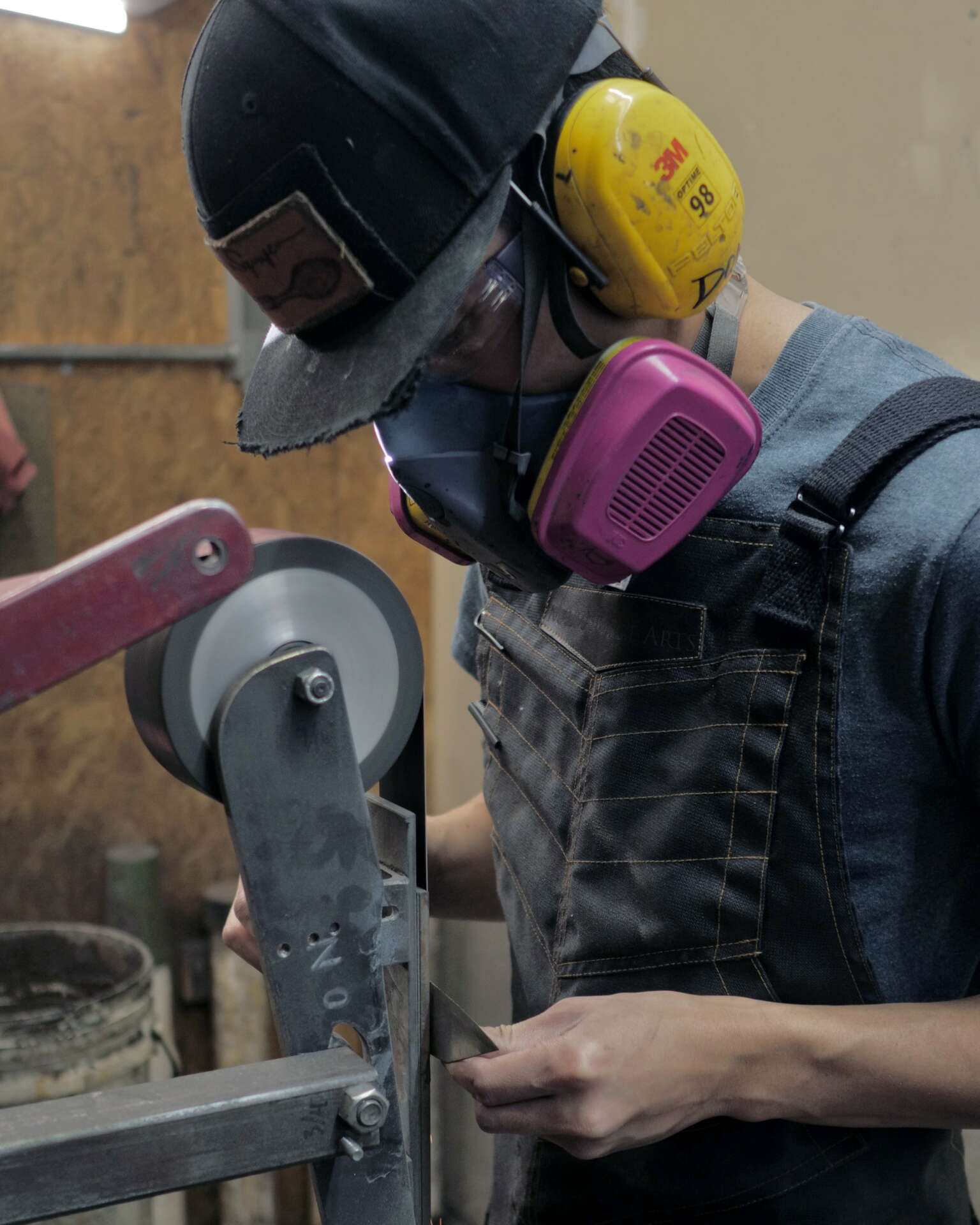
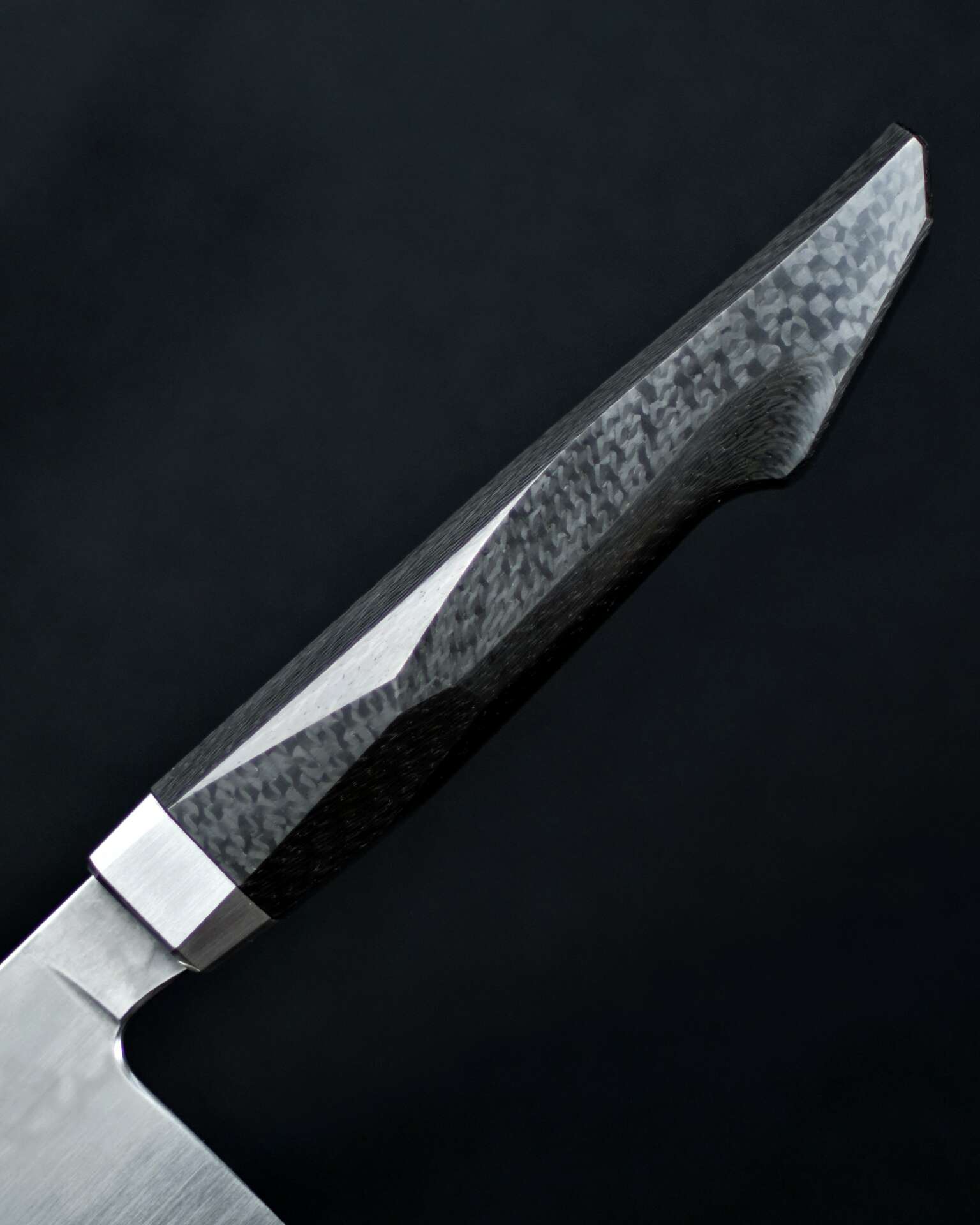
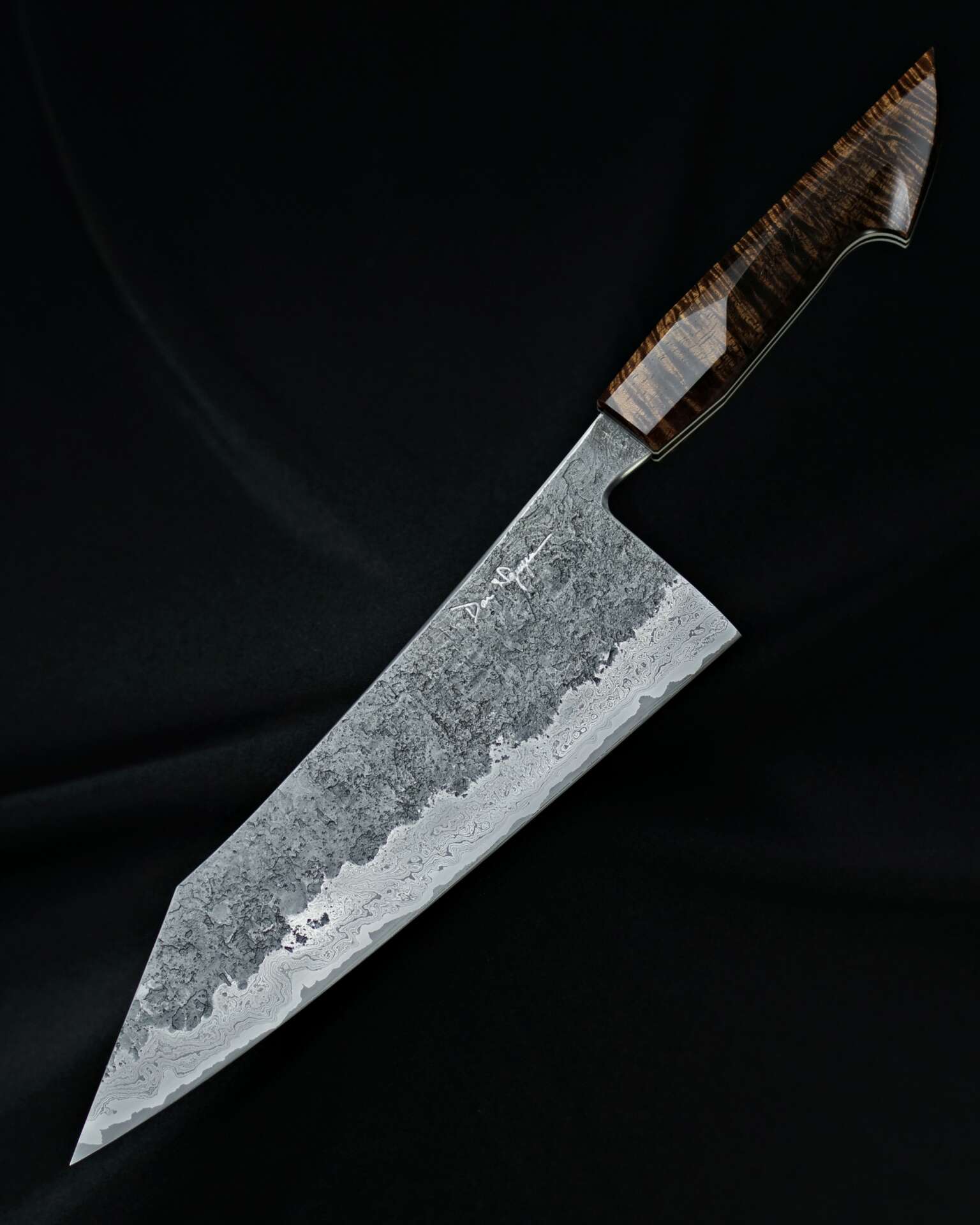
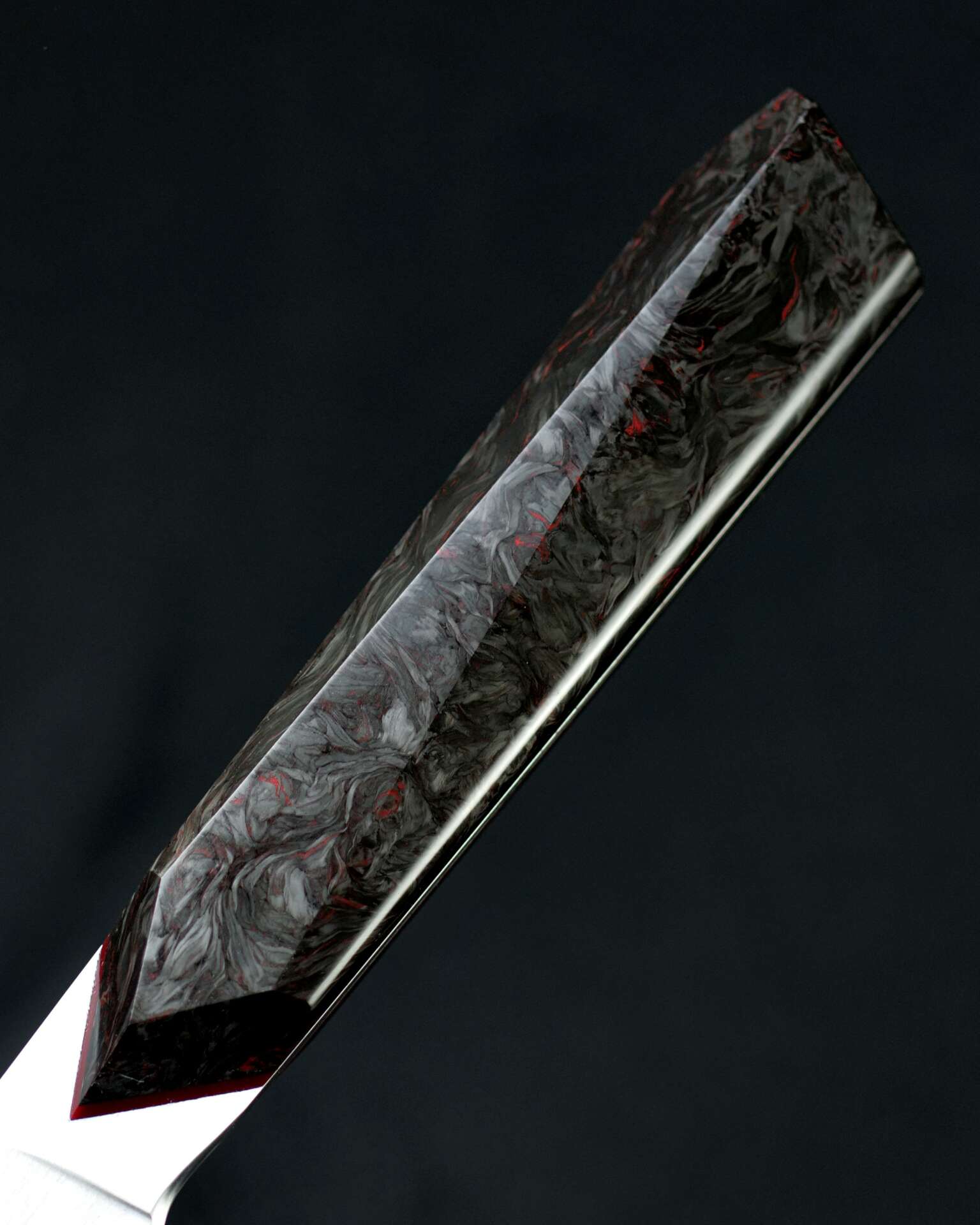
Great, appreciate you sharing that with us. Before we ask you to share more of your insights, can you take a moment to introduce yourself and how you got to where you are today to our readers
I am a full-time knife maker. My focus is in high-end culinary products that are inspired by Japanese functionality but blended with modern construction and aesthetics. When I first started making knives, there honestly weren’t that many makers out there; the community was a small circle and most makers and users knew each other. I built up a reputation for doing unique modern designs that still functioned really well. It’s straight-forward to get performance down, and a lot of people also have really good aesthetics. Designing something unique is a little trickier, and combining all three aspects is rare.
What I’m most proud of is that I’ve developed a sense of taste that a lot of people share, and I tackle on challenging projects on a regular basis that are fairly unique. With kitchen knives the criteria is quite small and there’s only so much leeway you have as far as playing around with the design and geometry. Do too much and you start taking away the functionality. Shape something too radical and it’s no longer comfortable. I think a lot of people follow me because of my designs.
What’s a lesson you had to unlearn and what’s the backstory?
My prices are at the upper end compared to most other makers in the kitchen knife world. There was a period of time when I started realizing that the demand for my work was strong enough and I could start charging significantly more and also start declining projects. To me it was a sign that I had hit success and things were smooth sailing from there. I was incredibly proud of the progress I had made up to that point and very confident in my craft and my business. Things were looking really well, and actually during the first year that COVID hit it seemed like the brand and the business were at an all-time high.
Until it wasn’t anymore.
Something that I preach all the time is that slow-growth is king.
We had such a boom in our business, but it was during ideal conditions. I pushed hard for growth during those periods, but I didn’t anticipate possible changes in the future. What was our best year suddenly became our worst year the next. Multiple variables came into play – the election, economy, COVID, a continually rapidly growing market, supply, and personal life circumstances.
I think the lesson for me is that I grew too confident too quickly. I raised my prices considerably and our knives were pretty exclusive. It worked really well for that bull market but I was caught flat footed and wasn’t ready to pivot. There’s nothing wrong with charging what the work is worth and having a successful run, but I’ve learned that I have to think smarter about longer term strategy and be ready for any changes that need to be made. Instead, I stayed comfortable, and I found myself stuck in a rabbit hole that was difficult to get out of.


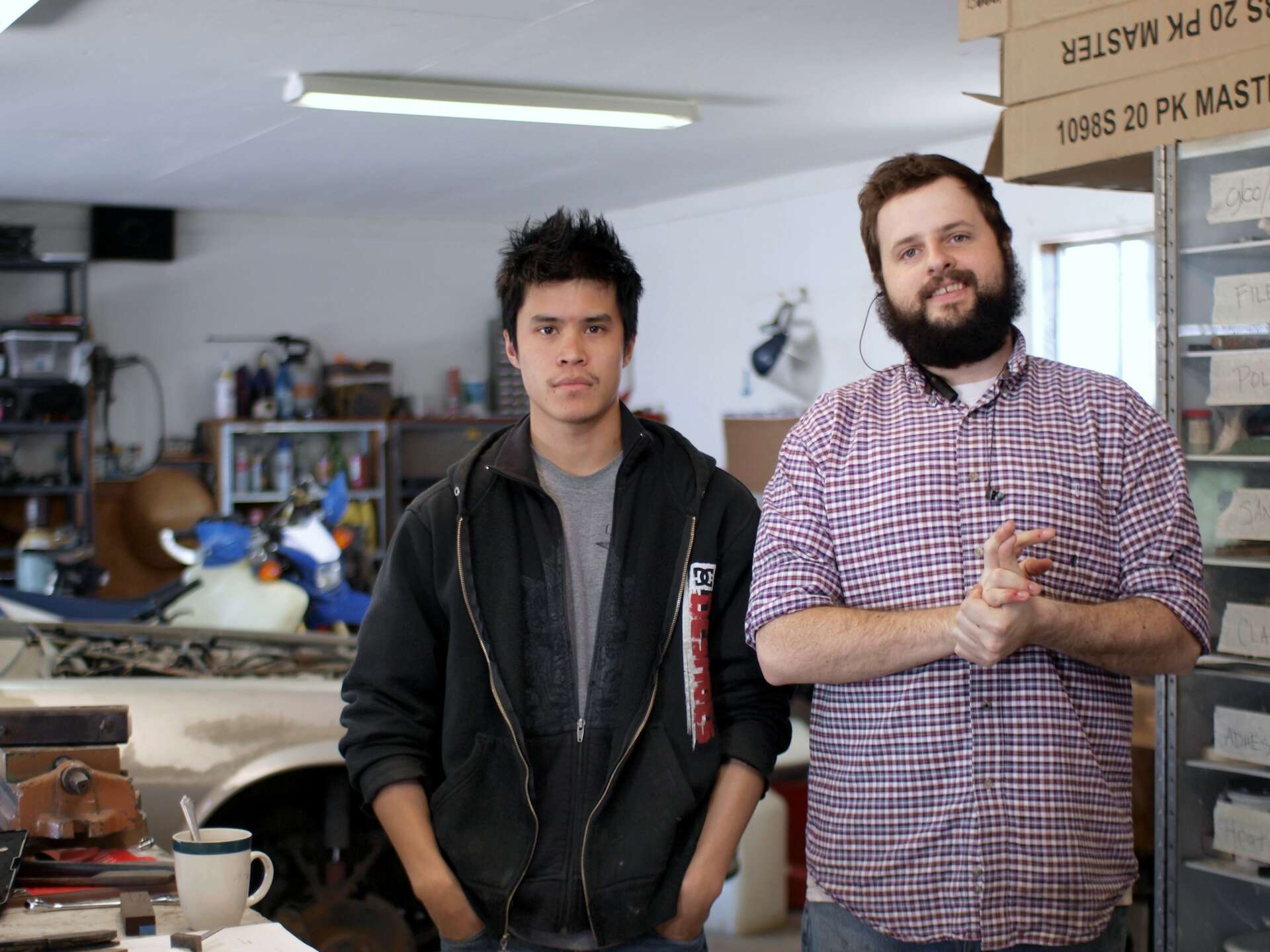
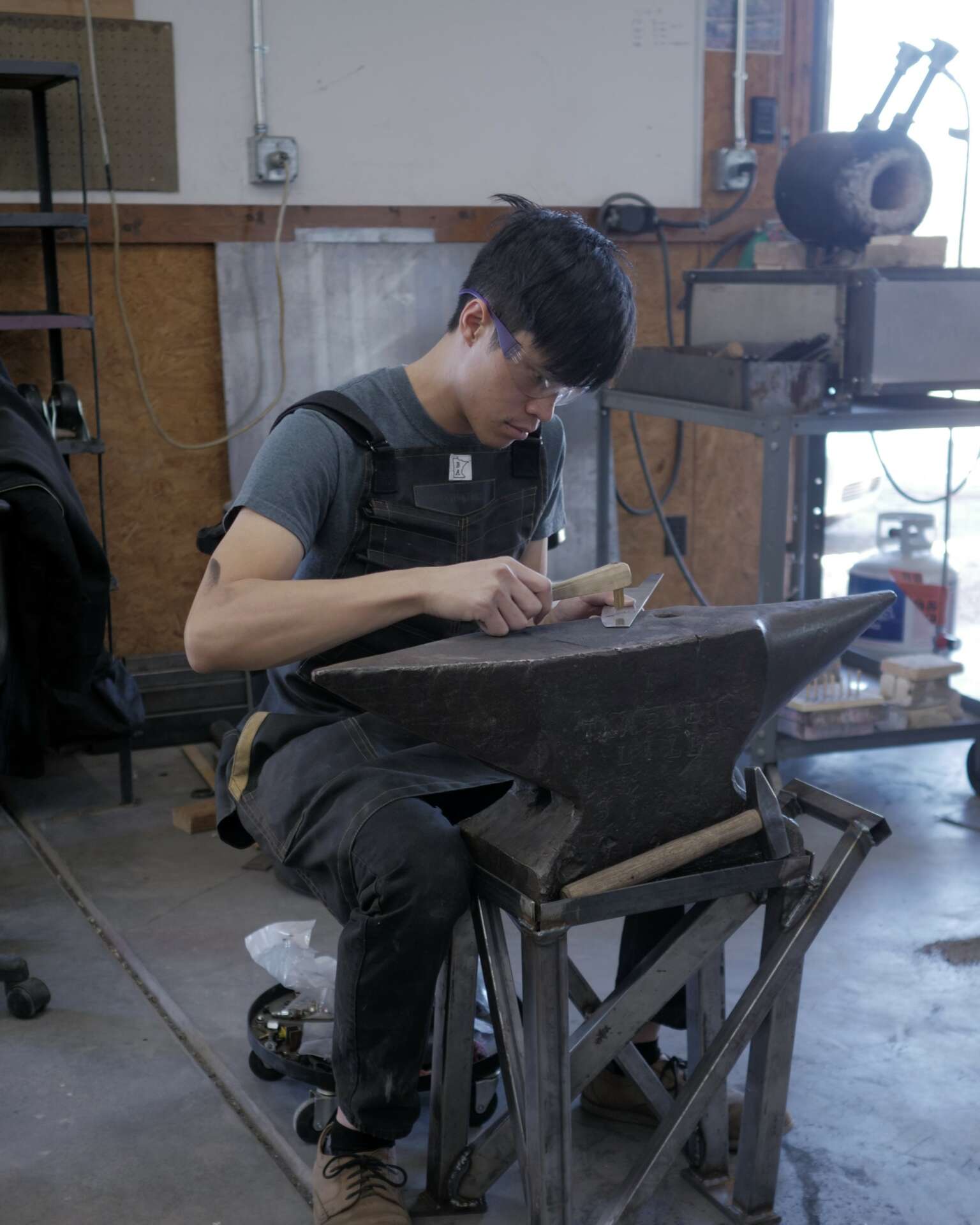
Is there something you think non-creatives will struggle to understand about your journey as a creative? Maybe you can provide some insight – you never know who might benefit from the enlightenment.
You know, most of the people who follow me I think are pretty understanding of the creative process. I’m pretty transparent about what’s going on and what I’m thinking about, and a lot of people relate to it on some level. I think almost everyone experiences some form of anxiety and doubt once in a while. For creatives, that process is almost constant. There are always ups and downs, and any time I have to make decisions I feel those doubts start to creep in. Any time things aren’t going as well I feel like everything is going to come crashing down, that everyone watching is going to discover I’m a complete fraud.
What I think some people don’t realize however, is that those feelings are completely normal for a creative and they don’t go away. You learn to read the signs and learn to cope with the feelings. When I’m feeling on too much of a high, it’s comfortable, but it’s dangerous. When I’m feeling that pressure, it’s because I’m challenging myself and that’s what it’s all about. When we stop challenging ourselves, that’s our doom.
Contact Info:
- Website: www.donnguyenknives.com
- Instagram: www.instagram.com/donnguyenknives
- Facebook: www.facebook.com/donnguyenknives/
- Youtube: www.youtube.com/donnguyenknives
- Other: www.patreon.com/donnguyenknives


